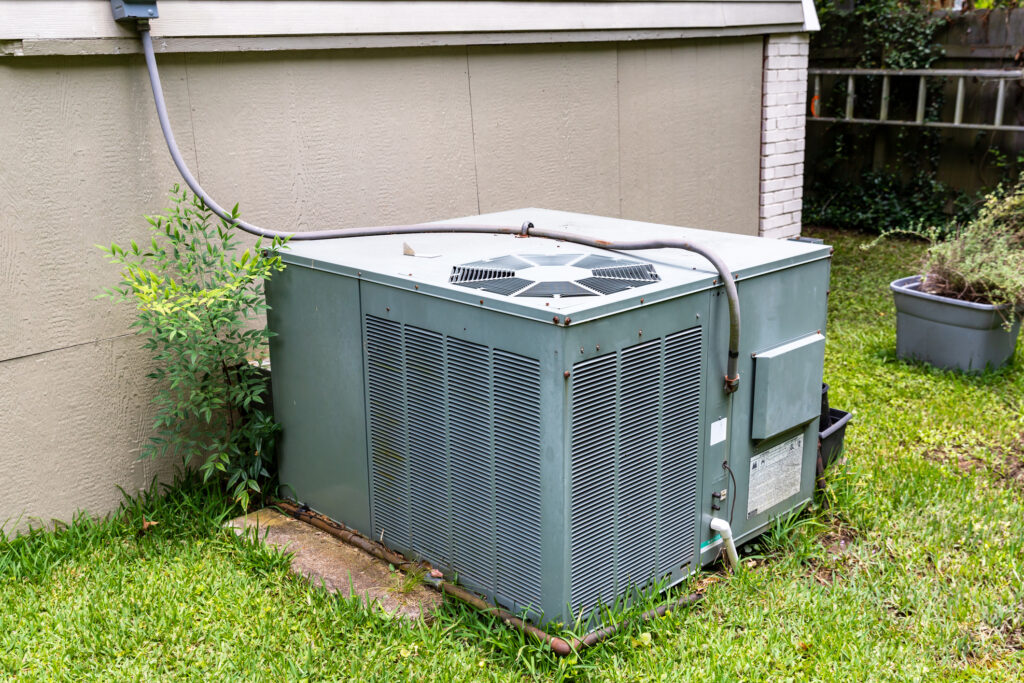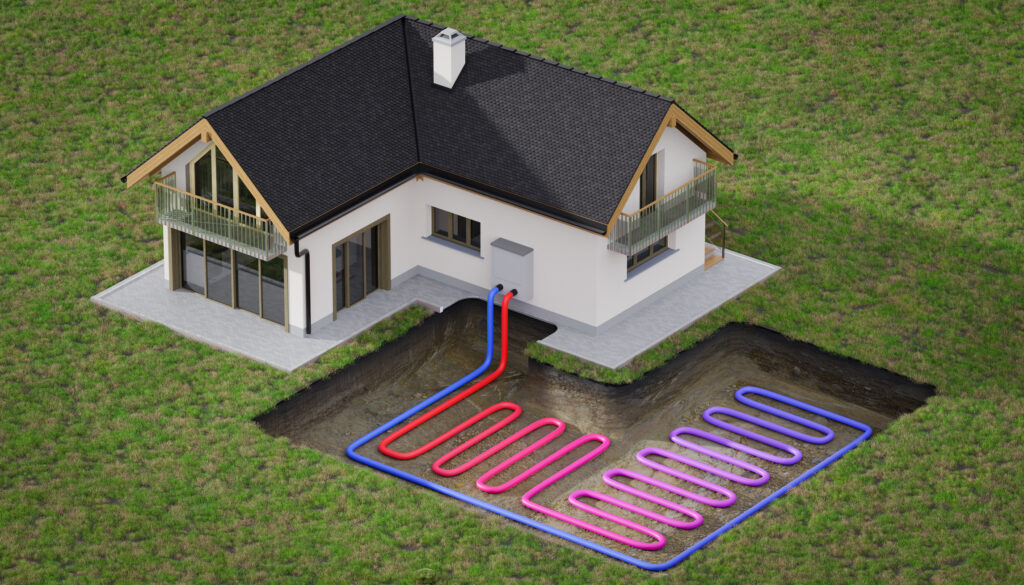Not sure which way to heat your home’s water? The good news: you have plenty of options for water heaters in New England. GEM plumbing and heating is here to break down the different types of water heaters and what factors you’ll want to consider when selecting a new one.
What Types Of Water Heaters Are There?
There are five main types of water heaters. Each system serves the same purpose of heating the water traveling through your home’s pipes and taps, but with its own benefits and potential drawbacks. Let’s take a deeper look at your options:
Conventional Storage Tank Water Heater
If you’re comfortable with conventional, consider a storage-tank water heater. The tank, often ranging from 30 gallons to 120 gallons, offers a ready-to-use hot water reservoir. The tank size determines just how much water you can store and heat at one time.
For example, if you have the most commonly used 40-gallon tank, your unit will be limited to heating and delivering precisely 40 gallons of hot water until it runs out. Once you’re out of hot water, the tank will need time to refill and reheat more water.
This type of water heater is usually the most affordable and proves easy to install. However, you’ll want to evaluate your home’s water usage and space before settling down with a tank.
Tankless Water Heater
Tired of constantly running out of hot water? Consider a tankless water heater to rely on a continuous supply of hot water throughout your home.
As the name indicates, this type of water heater does not consist of a tank. It uses super-heated coils to fill and heat water at your command. This method is more energy efficient since it heats water as you need it, instead of storing it in a tank all day, even when it’s not in use.
Heat Pump Water Heater
Heat pump water heaters are unique because they save electricity by using and moving heat from the air and ground to warm your water instead of generating heat directly. This system consists of a tank and may require more space than other units since the pump typically sits on top. It often needs at least 1,000 cubic feet of air space around the heater.
Since this system relies on heat from the air and ground, avoid installing it in cold spaces like a basement or in climates with long periods of cold weather. Heat pump water heaters require installation in geographical regions that remain in the 40º–90ºF range for all four seasons.
Heat pump water heaters typically have higher up-front costs than your conventional storage water heater. However, the operating costs are lower, offsetting their higher initial cost.
Solar-Powered Water Heater
If you’re big on vitamin D, your water heater can be too! Solar-powered water heaters are the most energy-efficient system. They rely on roof-mounted solar panels to draw energy from the sun and bring it through heat-conductive material to heat your water.
This system can save you a lot of electricity and money, especially if you live in a warm, sunny climate. However, you may need natural gas or electricity for your water heater to run when cloudy weather takes over.
Condensing Water Heater
If your home runs on natural gas, a condensing water heater may be your best option. Consisting of a tank, this type of water heater funnels your home’s unused gas fumes through a coil located at the bottom of the tank.
As you use hot water throughout the day, incoming cold water flows around the coil and collects most of the heat. This tank is more energy efficient than a standard water heater that sends hot exhaust gases out the flue and wastes energy.
This model typically requires a tank of a larger size –– likely over 55 gallons –– to be energy efficient and provide your family with enough hot water throughout the day.
What Type Of Water Heater Do I Need?
Now that you’re familiar with the different types of water heaters, let’s dive into the factors that can help determine which system is best for your home in New England:
- Fuel Source: The most common fuel sources are electricity, natural gas, oil, propane, solar, and geothermal. Depending on your home and location, you’ll want to select the one that is most economical and readily available.
- Size & Capacity: The size of your water heater is essential for it to work at maximum efficiency. If you’re leaning towards a tank water heater, select a model with a gallon capacity to match the size of your household. Check the federal government’s Energy Guide for sizing recommendations.
- Space: The location of your water heater will impact your selection. If you have a basement with plenty of space, you may consider a large-capacity water heater. A compact and tankless water heater is likely your best option if you live in a smaller condo or apartment.
- Budget: Hot water comes at a price. The factors listed above will also help determine your budget for the water heater system you select. While you’ll want to purchase an affordable system, make sure it’s efficient for your home and will last you a long time.
How Long Do Water Heaters Last?
With proper care and maintenance, water heaters can live quite a long life. However, some systems last longer than others. A conventional storage-tank water heater typically lasts an average of 8 to 12 years, while a tankless water heater can last up to 20 years.
As your water heater approaches the second half of its life, you’ll want to be on the lookout for any signs of aging. Rusty hot water could mean a problem with your tank. Rusty cold water means the problem lies in your pipes. Loud rumbling, banging, or knocking is usually a surefire sign that it’s time for a water heater replacement.



